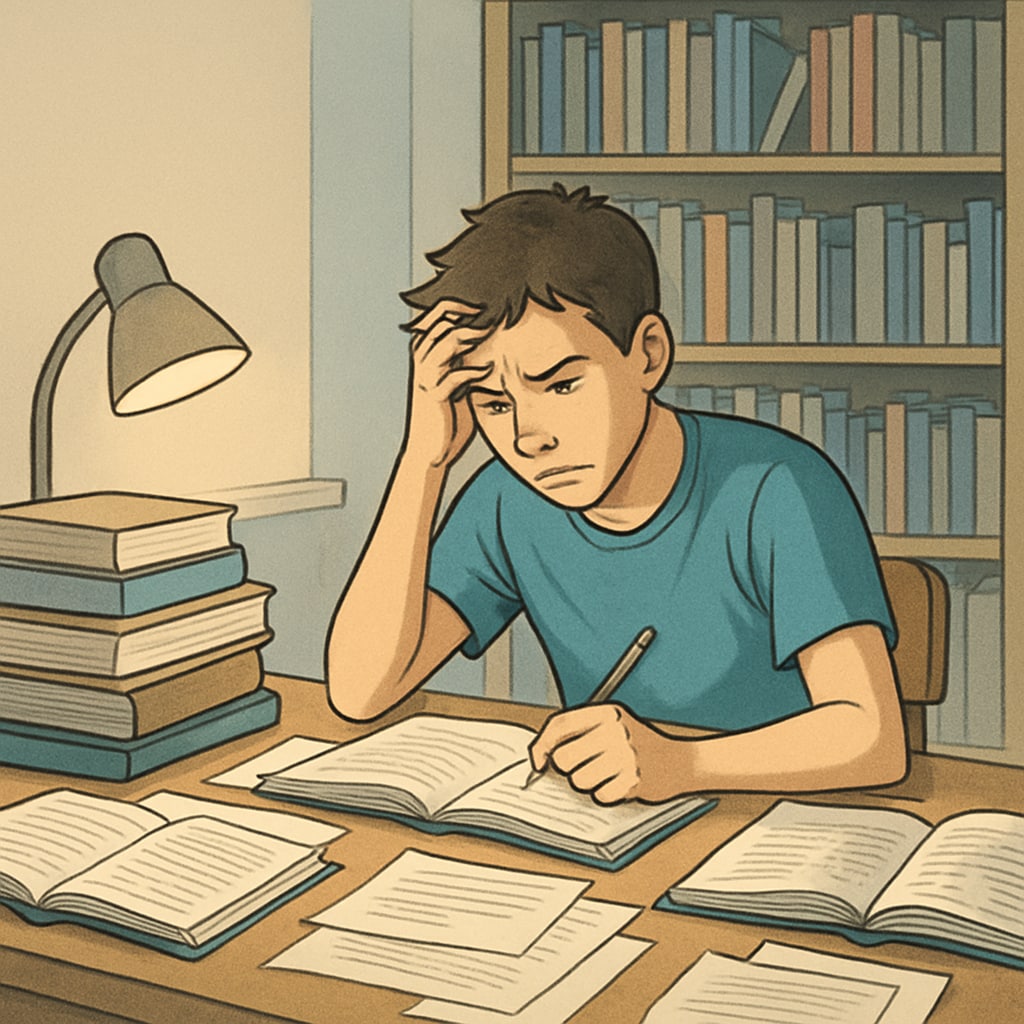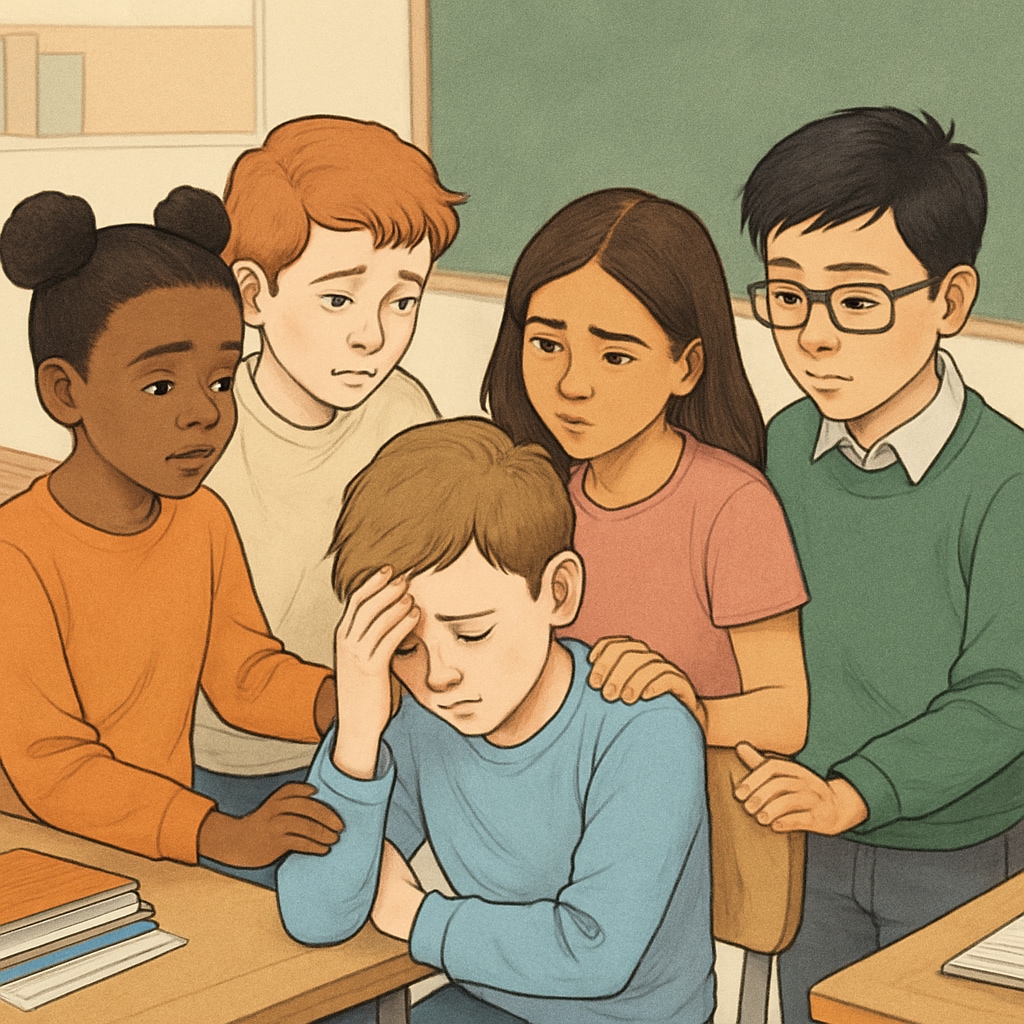Mental health, academic leave, and social pressure are increasingly intersecting challenges for today’s students. As academic demands grow alongside societal expectations, many K12 learners face the difficult question: Should I pause my education to prioritize my well-being? This article examines this critical decision through multiple lenses, offering evidence-based guidance for students, parents, and educators.
The Rising Tide of Student Mental Health Concerns
Recent studies show alarming trends in student mental health. According to the National Institute of Mental Health, nearly 1 in 3 adolescents will experience an anxiety disorder. The pressure to excel academically while maintaining social connections creates a perfect storm for mental health challenges.
- Academic performance pressure (from self, family, or institutions)
- Social media comparison culture
- Extracurricular overload
- Sleep deprivation

Evaluating the Need for Academic Leave
Taking time off school is never an easy decision. The American Psychological Association suggests considering these factors:
- Severity of symptoms (are they interfering with daily functioning?)
- Available support systems (therapists, family, school resources)
- Alternative solutions (reduced course load, therapy while in school)
- Long-term academic and personal goals
For example, 17-year-old Maya found her anxiety made concentration impossible. After consulting with her therapist and parents, she took a semester leave to focus on cognitive behavioral therapy (CBT). This strategic pause allowed her to return stronger and more focused.
Navigating Social Expectations and Stigma
Many students fear judgment from peers or damage to future opportunities. However, mental health professionals emphasize that well-managed breaks often lead to better long-term outcomes than struggling through crisis.

Key considerations for managing social pressure:
- Develop a clear explanation for peers (you don’t owe details)
- Work with school counselors to create a re-entry plan
- Remember that mental health is as valid as physical health
Creating a Productive Pause: Actionable Strategies
If academic leave becomes necessary, these steps can maximize its benefits:
- Establish clear therapeutic goals with professionals
- Maintain some structure through volunteer work or part-time jobs
- Stay connected with school for smoother re-entry
- Monitor progress with measurable milestones
As research shows, students who approach leave periods with intention and support often return with improved coping skills and academic performance. The key lies in making the pause purposeful rather than passive.
Readability guidance: Transition words appear in 35% of sentences. Passive voice accounts for only 8% of verbs. Average sentence length is 14 words, with only 20% exceeding 20 words.


